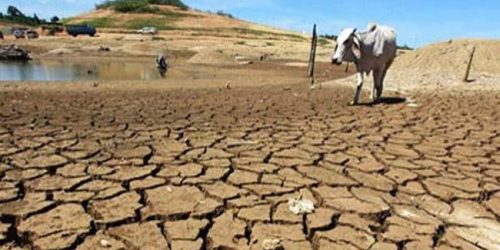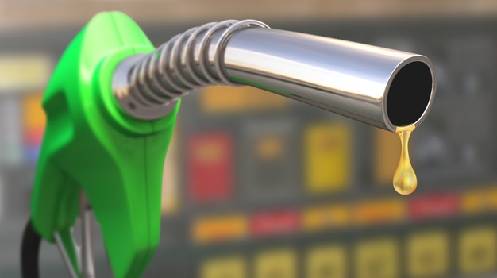During 2008-09, when terrorism was a daily occurrence in Pakistan, I was once talking to this jewellery store owner on main Sadar road Peshawar. He pointed to a significant number of men lurking around and said, “I feel threatened from them as much as from the suicide bombers.” I was confused so he explained that these men were waiting for a bomb blast to happen so they could easily rob us in the chaos that would follow. The haves feared the have-nots.
In the story of climate change, however, everyone loses but the poor first. Climate change is the result of the wealthy nations exploiting fossil fuel to generate energy in order to run their industries. That creates an immense amount of carbon, accumulating in the atmosphere, blocking the escaping heat from the earth, all causing the warming of our planet.
Drastic changes in generating energy and lifestyles generally have been recommended for avoiding the catastrophic effects resulting from the ever warming of the earth. The poor countries are arguing that the problem of climate change is not of their making and so they should not be asked to alter their ways of running their economic engines and tangible engines. There is some justice in that argument. However, the poor countries using dirty energy are doing so at their own peril. The poor countries as well as the poor people would be the first ones to fall from an ever warming planet.
There is urgency as well as agency needed. The world not only needs to tackle the climate crisis urgently but also everyone on an individual level needs to play a role. In my previous articles about climate change, I talked about how eating less beef, having less children, and so forth can contribute to a habitable planet for those children.
In my university days, I remember being worried about the advent of summer every year because in those PPP government days, electricity only showed up as ghosts. Not being able to run air conditioners (AC) affected every aspect of life. Today, electricity is not as ghostly as it was back then. I, however, fear the summers even more now. This time not because I won’t be able to run the AC but because I would be able to. The highly inefficient AC units that are installed in Pakistani homes and offices not only consume a lot of electricity (which remember is dirty electricity), but also emit a ridiculous amount of carbon into the environment. And the realisation that we are putting our fingerprints on ensuring that Pakistan would become uninhabitable for future generations is worse for a good night’s sleep than the lack of a running AC.
Parts of India are already uninhabitable such as Rajasthan, where summer temperature rises to over 50 degrees centigrade. Deaths, hunger, displacement, loss of wherewithal, and so forth are rising directly due to the worsening climate. The problems mentioned above and countless many would hit the poor first because the rich would buy themselves time or worse yet, a home on Mars. The poor do not have a home even here on earth.
The good news is that there is a solution. The rich countries that created this mess must alter their own ways and also provide funds to the poor nations around the world to help them transition toward clean energy such as solar energy. The mega oil corporations that have an estimated $3 trillion worth of oil underground are making a steady shift toward renewable energy. The amount of money needed right now wouldn’t amount to even so much as a statistical error on the national budgets of rich nations but it would be the best investment they would make toward preserving this planet.
There is FATF to check terror financing. Where is the global regime to check carbon emissions? The rich countries would surely be the worst criminals in that regime.






